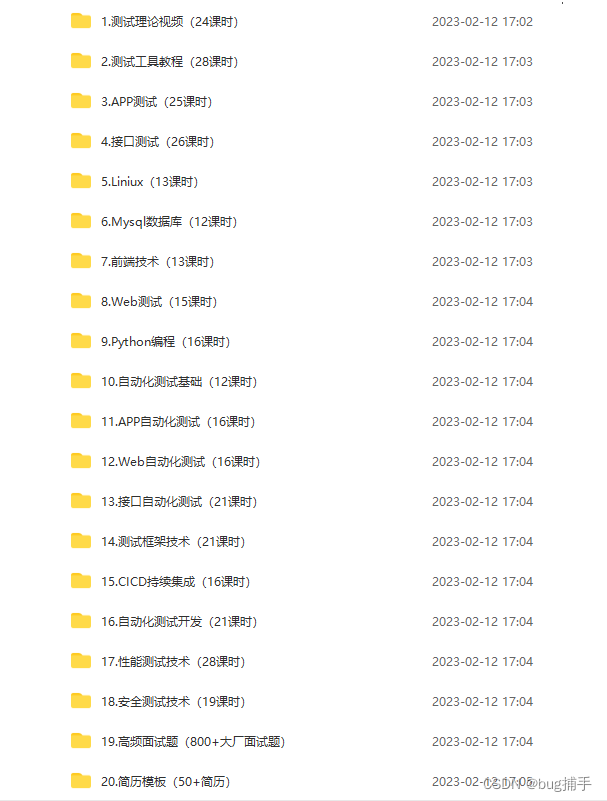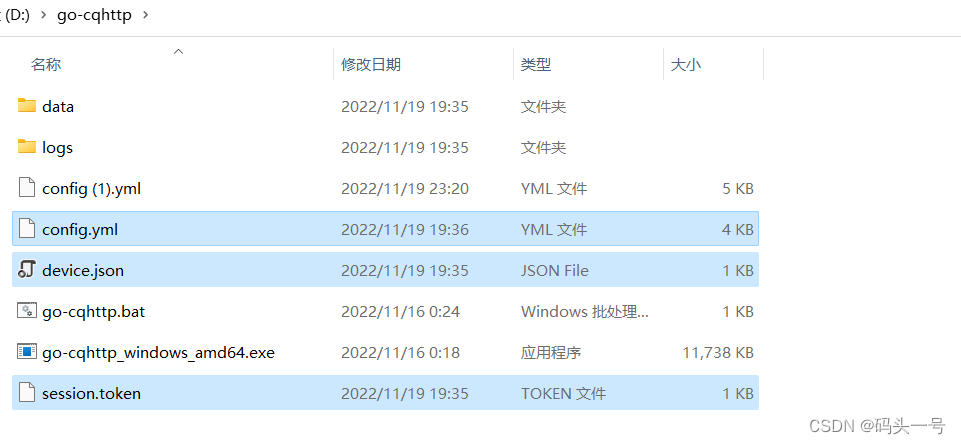The GNU Compiler Collection (usually shortened to GCC) is a compiler system produced by the GNU Project supporting various programming languages. But it doesn’t contains the math operator “!”.
In mathematics the symbol represents the factorial operation. The expression n! means "the product of the integers from 1 to n". For example, 4! (read four factorial) is 4 × 3 × 2 × 1 = 24. (0! is defined as 1, which is a neutral element in multiplication, not multiplied by anything.)
We want you to help us with this formation: (0! + 1! + 2! + 3! + 4! + ... + n!)%m
In mathematics the symbol represents the factorial operation. The expression n! means "the product of the integers from 1 to n". For example, 4! (read four factorial) is 4 × 3 × 2 × 1 = 24. (0! is defined as 1, which is a neutral element in multiplication, not multiplied by anything.)
We want you to help us with this formation: (0! + 1! + 2! + 3! + 4! + ... + n!)%m
InputThe first line consists of an integer T, indicating the number of test cases.
Each test on a single consists of two integer n and m.
OutputOutput the answer of (0! + 1! + 2! + 3! + 4! + ... + n!)%m.
Constrains
0 < T <= 20
0 <= n < 10^100 (without leading zero)
0 < m < 1000000
Sample Input
1 10 861017
Sample Output
593846
唬人的题目,当x>=m, x! =0 mod m
我们就是在求小于m的 ∑x!
提取公因式化简得
1+(1*2)+(1*2*3)+.....+(1*2*3*....*x)=1*(1+2*(1+3*(.....x-1*(1+x))))
#include<iostream>
#include<cstdio>
#include<cstring>
#include<queue>
#include<algorithm>
using namespace std;
int main()
{char n[105];int m,t;scanf("%d",&t);while(t--){scanf("%s",n);getchar();scanf("%d",&m);int s=strlen(n);int n1=0;for(int i=0;i<s;i++){n1*=10;n1+=n[i]-'0';if(n1>=m)break;}long long ans;if(n1>=m){ans=m-1;for(int i=m-2;i>=1;i--){ans=(ans+1)%m*i%m;}}else{ans=n1;for(int i=n1-1;i>=1;i--){ans=(ans+1)%m*i%m;}}ans++;cout<<ans%m<<endl;}
}

![bzoj3123: [Sdoi2013]森林](/images/no-images.jpg)



